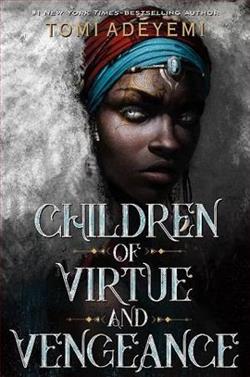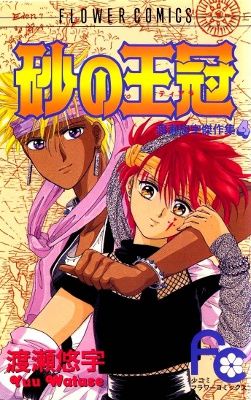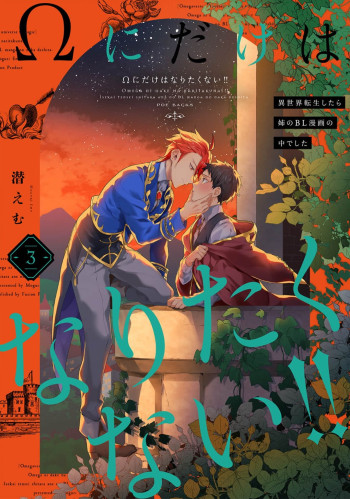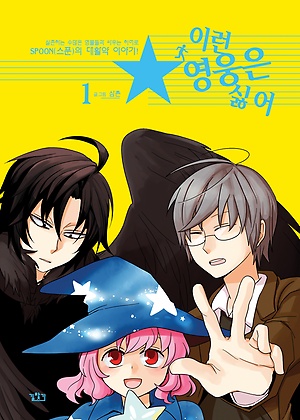Martial Peak Reviews
Tomi Adeyemi's Children of Virtue and Vengeance is the highly anticipated sequel to her debut novel, Children of Blood and Bone. This second installment in the Legacy of Orïsha series continues to explore the richly crafted world of Orïsha, where magic, power, and politics intertwine in a complex dance of survival and ambition. Adeyemi's narrative is a compelling blend of fantasy and social commentary, making it a must-read for fans of the genre.
At the heart of the story is Zélie, a young maji who has been thrust into the role of a leader. Having succeeded in bringing magic back to Orïsha, Zélie now faces the daunting task of uniting the maji against a newly empowered enemy. The ritual that restored magic has also awakened powers in the nobles, creating a new class of adversaries. This development adds a fresh layer of complexity to the narrative, as Zélie must navigate not only the external threats but also the internal divisions within her own ranks.
The theme of power and its consequences is central to the novel. Adeyemi deftly explores how power can corrupt and divide, as well as unite and inspire. The return of magic is a double-edged sword, offering hope and strength to the oppressed while simultaneously giving rise to new forms of tyranny. This duality is mirrored in the characters themselves, particularly in Zélie and Amari. Zélie's struggle to lead and protect her people is fraught with personal sacrifice and moral dilemmas, while Amari's quest for the throne is complicated by her own insecurities and the expectations placed upon her.
Character development is one of Adeyemi's strengths, and Children of Virtue and Vengeance is no exception. Zélie is a complex protagonist, torn between her duty to her people and her personal desires. Her journey is one of growth and self-discovery, as she learns to balance her responsibilities with her own needs. Amari, too, undergoes significant development, evolving from a sheltered princess into a formidable leader in her own right. Their relationship is a central focus of the novel, highlighting themes of friendship, loyalty, and the challenges of leadership.
The supporting cast is equally well-developed, with characters like Tzain, Zélie's brother, and Inan, the conflicted prince, adding depth and nuance to the story. Each character is given room to grow and evolve, contributing to the novel's rich tapestry of interpersonal dynamics. Adeyemi's ability to create relatable and multidimensional characters is one of the book's greatest strengths, drawing readers into the emotional heart of the story.
In terms of world-building, Adeyemi excels at creating a vivid and immersive setting. Orïsha is a land steeped in history and culture, with its own unique mythology and traditions. The author's attention to detail is evident in every aspect of the world she has created, from the intricacies of the magic system to the political landscape of the kingdom. This meticulous world-building enhances the story's realism and adds depth to the narrative, making Orïsha a character in its own right.
The novel's pacing is brisk, with a series of high-stakes conflicts and dramatic twists that keep readers engaged from start to finish. Adeyemi's prose is both lyrical and powerful, capturing the intensity of the characters' emotions and the urgency of their struggles. The action sequences are particularly well-executed, blending magic and combat in a way that is both thrilling and visually striking.
One of the most compelling aspects of Children of Virtue and Vengeance is its exploration of social and political themes. Adeyemi uses the fantasy setting to address real-world issues such as oppression, inequality, and the fight for justice. The novel's depiction of a society on the brink of civil war is both timely and thought-provoking, offering a poignant commentary on the challenges of building a more equitable world. This thematic depth elevates the story beyond a simple fantasy adventure, making it a powerful and resonant read.
In comparison to other works in the genre, Adeyemi's series stands out for its unique blend of African-inspired mythology and contemporary social issues. Fans of authors like N.K. Jemisin and Sabaa Tahir will find much to appreciate in Adeyemi's work, which combines the epic scope of traditional fantasy with a fresh and diverse perspective. The Legacy of Orïsha series is a testament to the power of storytelling to inspire change and challenge the status quo.
Overall, Children of Virtue and Vengeance is a worthy successor to Children of Blood and Bone, building on the strengths of the first book while introducing new challenges and complexities. Adeyemi's skillful storytelling and rich character development make this a captivating and thought-provoking read, one that will resonate with readers long after the final page is turned. Whether you're a fan of fantasy or simply looking for a compelling story with depth and heart, this novel is not to be missed.
























Reviews 0
Post a Reviews: